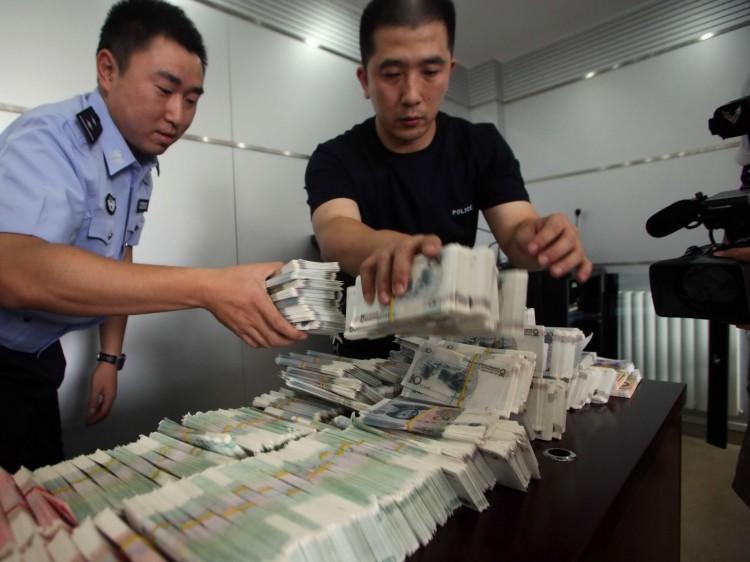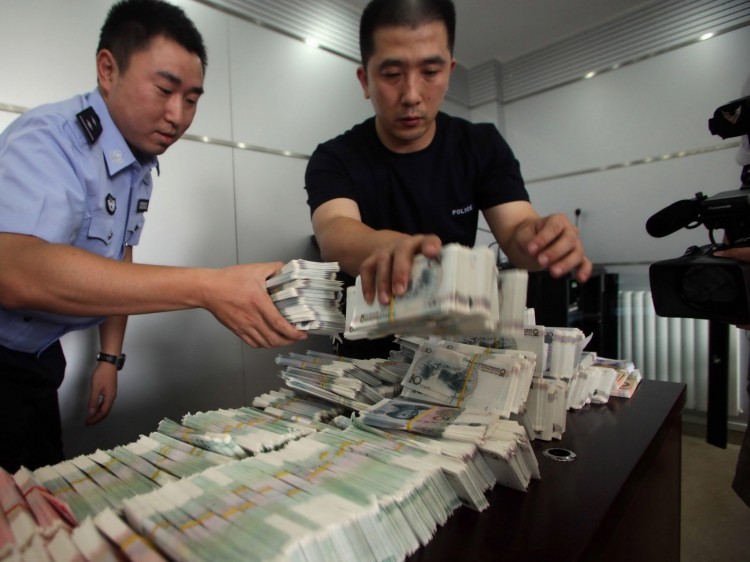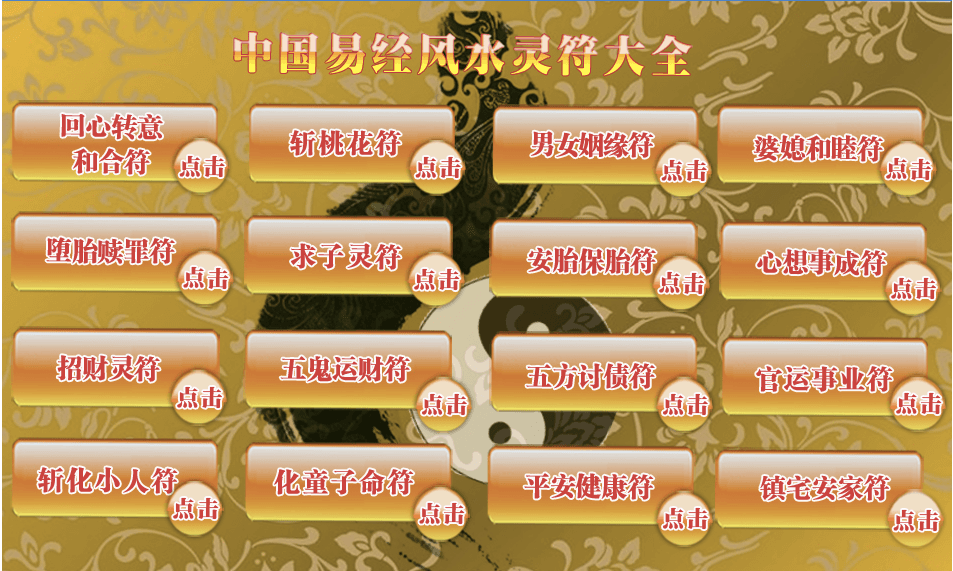A contretemps has developed on the Chinese Internet recently, after criminals in China passed counterfeit money to a foreign-run charity who were selling goods to raise money for disabled Chinese children.
Most Chinese blamed the criminals—but one former Chinese official blamed the foreigners. It was an insult to China, as far as he was concerned, that foreigners would raise money in China to look after Chinese people.
Chinese netizens then lashed out at the official, expressing shame and anger at the swindlers, the response, and the former high-level cadre, while criticizing China’s woeful charity record.
The bazaar sales had intended to raise money for children with disabilities in China, organized by a number of embassies in Guangzhou. However, as they counted the money afterwards at the China Disabled Person’s Federation (CDPF), they discovered that they had been cheated out of about 15 percent of their revenue.
To their disappointment, of about 33,000 yuan ($52,930) collected, nearly 5,000 yuan ($802) was in counterfeit bills. The bills were consecutively numbered, indicating that the counterfeits were not inadvertently passed by customers who had received and then spent the bills innocently.
The Korean embassy alone took eight of the phony bills, reported the Nanjing Daily. A reporter from the Yangcheng Evening news, on the scene to cover the event, said she saw with her own eyes the disappointment on the face of the Chilean Consulate-General. l
Chinese citizens condemned the counterfeiters who paid for items with worthless money, calling it a disgrace for all the Chinese people.
But He Keng, former deputy director of the National Bureau of Statistics, thought otherwise, making what many saw as an astonishing remark on Tencent Weibo, a Chinese microblog site. He posted, apparently seriously, “Foreign embassies did this for the sole purpose of bringing shame to all the Chinese. Do the Chinese really need the 33,000 yuan? Those who were involved in this charity are the ones who are the disgrace,” according to the Southern Metropolis Daily.
Chinese netizens reacted angrily to the official’s comment:
“If the government would use the citizens’ tax money wisely, would we even need others to help us?” asked a Hubei netizen.
A netizen from Guangdong replied saying “It is the government who should be humiliated.” A Jianxi poster mocked the official, asking why he didn’t donate twice the amount swindled, just to show that Chinese people really don’t need the money.
A Beijing netizen reproached the official: “Is this a diversion? Is this to direct our disappointment in the quality of Chinese citizens to dislike of foreigners? 33,000 yuan means nothing to those in government. But for the poor families, this money brings much needed and timely help. The development of charity in China is appalling, so should we prohibit foreigners from doing it?”
Scandals in recent years such as the Guo Meimei incident, where a young woman affiliated with the Red Cross posted pictures of her luxurious lifestyle online, have caused widespread suspicion of charities and disappointment in the development of the non-profit sector, which is beleaguered by a communist regime afraid of independent groups. Nearly 60 percent of donations to charities end up in government coffers, according to a study in 2012.
The Epoch Times publishes in 35 countries and in 19 languages. Subscribe to our e-newsletter.





